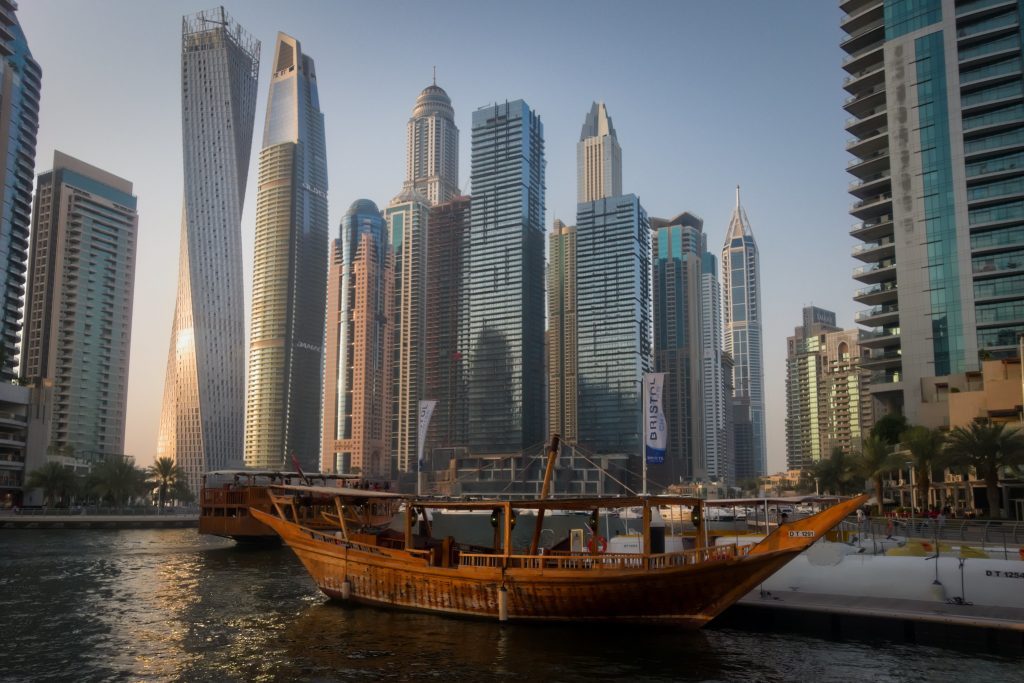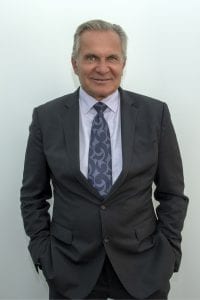Skift Take
Dubai has faced a slump in recent years as it struggled amid a global economic slowdown, an oversupplied real estate sector, and slow tourism activity due to regional unrest. But its ability to build a reputation for itself as a medical tourism hub in the Middle East has provided some much-needed support for its travel sector.
When people around the world think of travel in the Middle East, medical tourism is typically not the first idea that comes to mind — particularly in Dubai.
Most people think of visiting the coastal city for its soaring skyscrapers, luxurious shopping venues, or year-round warm weather.
But the emirate, which is one of seven in the United Arab Emirates on the Arabian Peninsula, has built a reputation for itself as a medical tourism hub in the Middle East within the niche of wellness and cosmetic surgery.
The sector is so essential that UAE Vice President and Prime Minister Sheikh Mohammed bin Rashid Al Maktoum, who is also the ruler of Dubai, passed a law in 2018 to enhance and support medical tourism in the city.
The Dubai Health Authority (DHA) enacted Law No. 8 of 2018 based on Sheikh Mohammed’s directives to ensure that clinics bring to the city highly-trained medical and technical staff for the safety, health, and privacy of patients and medical tourists.
In 2018, Dubai witnessed 337,011 international medical tourists, according to data from the DHA. Medical tourism revenue was up 5.5 percent year-on-year to AED 12.1 billion ($317 million) for the year.
The authority expects to attract more than half a million medical tourists by 2021 as it vies to improve its position in the global medical tourism sector.
Celebrity Doctors Attract Saudi Patients
With its five- and even seven-star hotels, as well as luxurious wellness centers, Dubai attracts many high-net-worth individuals from around the world, including from neighboring Saudi Arabia, which has been undergoing its own rapid social and economic reforms since 2015.
“The Saudis like to look good. They are interested and believers in plastic and cosmetic surgery,” celebrity plastic surgeon Dr. Andrew Ordon told Skift. “Due to the proximity, Dubai lends itself well for our Saudi patients to come here, it being such a short trip.”
Ordon, who is an Emmy-nominated co-host of American talk show The Doctors, is a surgeon in the private practice of plastic, aesthetic, and reconstructive surgery in Beverly Hills. He is also chief medical officer and a visiting surgeon at The Beverly Hills Sunset Surgery Center (BHSSC) at Valiant Clinic in Dubai.
According to Valiant, both Saudi Arabian men and women choose to visit the clinic to transform their own lives through beautification and surgical enhancements.
“Women are still the majority of our clients, but the number of men increases every day. Men also want to look their best,” said Vasilica Baltateanu, head of sales, healthcare, and education at BHSSC at Valiant.
The clinic is owned and operated by Dubai-headquartered holding company Meraas, which has a portfolio and activity in tourism, real estate, tourism, hospitality, healthcare, food and beverage, and retail.
Valiant has witnessed firsthand the growing appetite for plastic and cosmetic surgeries in the region.
According to Ordon, Saudi Arabian patients make up about a third of Valiant Clinic’s clientele.
Generally, Saudis are among the top travelers to Dubai after tourists from India. During the first half of 2019, about 755,000 Saudis visited the emirate, up 2 percent year-on-year over six months.
Valiant Clinic, which targets high-net-worth individuals, often receives several complicated revision surgeries, in which patients from across the region visit to fix previous procedures that have gone wrong, such as botched liposuction or rhinoplasty.
Despite a global and regional economic slowdown that has affected the medical tourism sector, the clinic has chosen to stay true to its essence by focusing on its niche clientele.
While the clinic sometimes offers attractive packages, it does not resort to discounted prices to attract clients, said Baltateanu.
“We focus on bringing some of the best surgeons, offering a five-star experience in a cutting edge technology hospital, located in one of the best areas of Dubai, the City Walk,” she said.
A Prime Location
Ordon said he visits Dubai every two months for about 10 days per trip to operate on his patients and follow up on their recovery. Although he has many years of international experience, he said Dubai has huge potential in this unique field.
“Dubai has truly become the hub of the Middle East,” he said. “People come here for business, recreation, and tourism, or to be in a connecting spot to virtually every part of the world including Europe, Africa, or Asia.”
The Valiant clinic also receives patients coming from Africa, Asia, and other countries across the Arabian Gulf for common procedures such as facelifts, rhinoplasty, and breast enhancements, according to Ordon.
Patients also visit the Dubai clinic for breast reconstruction surgeries after mastectomies.
Such life-changing procedures have also contributed to the destigmatization of the plastic surgery industry, because it gives people the opportunity to change something that might be bothering them, said Ordon.
“Without question the stigma of plastic surgery is slowly dissipating. That includes in the United States, in the Middle East, and for that matter worldwide,” Ordon added.
The Daily Newsletter
Our daily coverage of the global travel industry. Written by editors and analysts from across Skift’s brands.
Have a confidential tip for Skift? Get in touch
Tags: dubai, medical tourism, uae
Photo credit: Dubai Marina on June 25, 2019. Dubai has a growing medical tourism sector. Enrico Strocchi / Flickr

